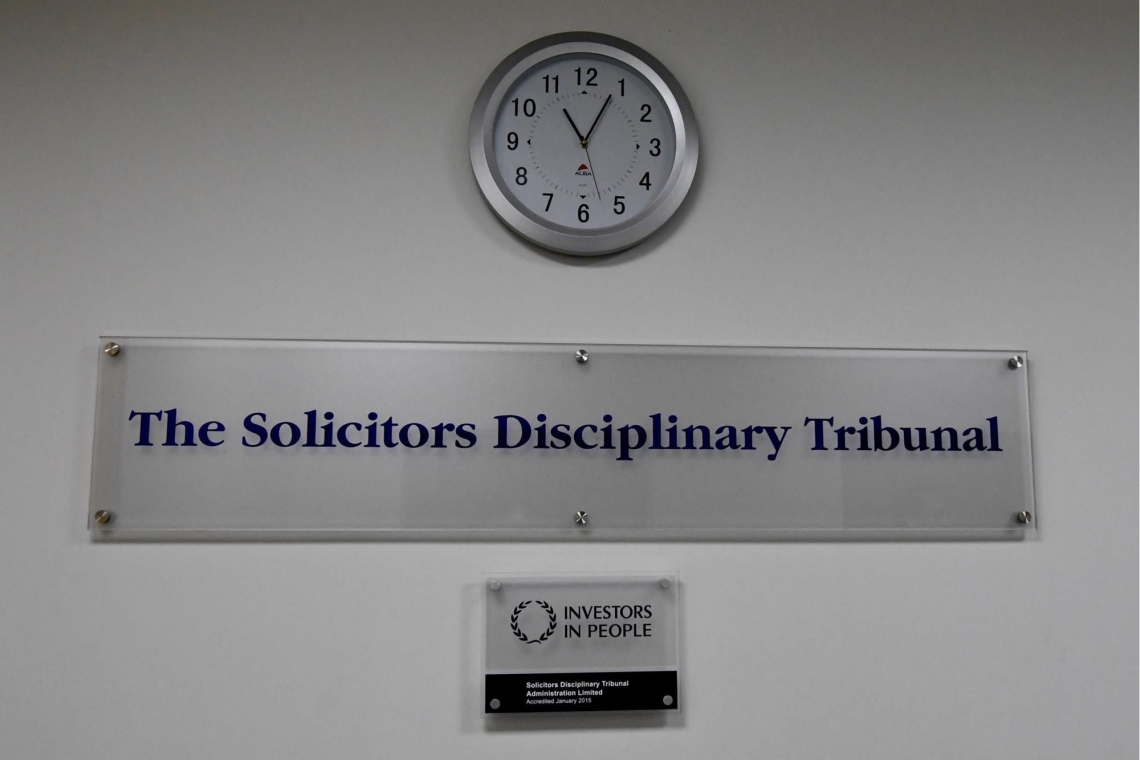A solicitor who showed ‘flagrant disregard’ for his client’s interests by allowing him to overpay for a property has been struck off by the Solicitors Disciplinary Tribunal.
Milan Patel, admitted in December 2005, was sole director of ALD Legal Solicitors in Harrow when he was instructed by a resident of Saudi Arabia to purchase a UK property on his behalf.
According to the judgment, a sub-sale transaction took place on the day of completion whereby the property was transferred from the seller to a firm called HB Consultants Ltd for £438,000. The client, who was not aware of this, bought the property from HB Consultants for £500,000.
The tribunal found that Patel’s ‘state of knowledge of the facts at the material time was that he was well aware that HB Consultants Limited purchased the property for £438,000 then immediately resold it to [his client] for £500,000’.
It added that Patel had ‘deceived’ his client and that ‘ordinary, decent people would conclude that his conduct was dishonest’.
The tribunal also noted that the respondent had a commercial relationship with HB, who was Patel’s business partner and a client of the law firm. It stated that Patel had ‘plainly allowed his independence to have been compromised’ and that he had shown a ‘flagrant disregard’ for his client’s best interests. It again found his conduct to have been dishonest.
Regarding separate allegations, the tribunal found that Patel misappropriated client money by way of 13 improper payments amounting to £277,000, causing a shortfall in the client account.
It also found that Patel failed to have sufficient regard to money laundering regulations when dealing with his Saudi client, whose place of residence ‘cried out for enhanced due diligence,’ according to the SDT. The judgment states that the client did not supply any identification documents until four days before the completion of the property sale.
Patel, who did not attend the tribunal and was not represented, was struck off and ordered to pay costs of £27,412. The tribunal said his ‘dishonest conduct’ was driven by ‘personal financial gain’ and was ‘planned, premeditated and concealed over a protracted period of time’.


